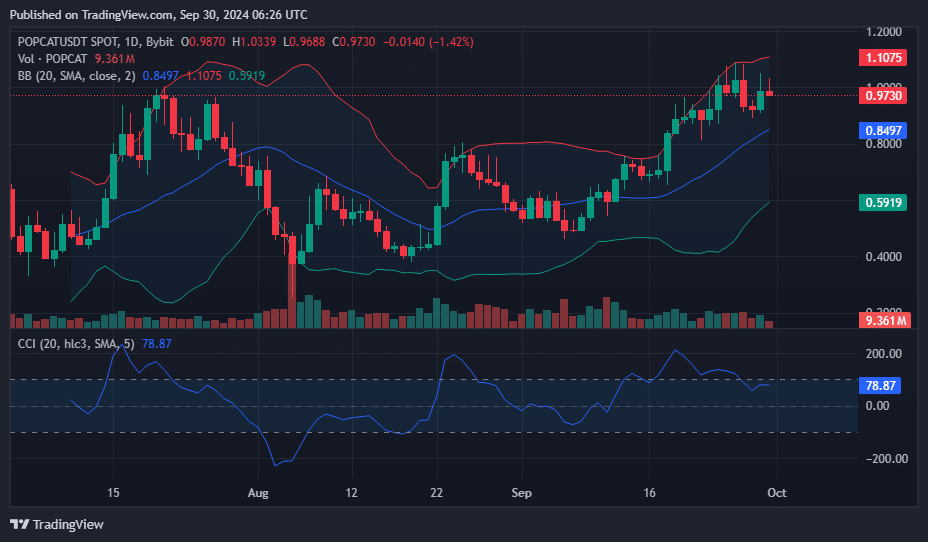In a recently proposed regulatory framework, legal experts from Polygon Labs and Arktouros have recommended that truly decentralized DeFi protocols be classified as “critical infrastructure” and placed under the oversight of federal cybersecurity agencies in the United States. The proposal aims to combat illicit financial activities in the DeFi space and enhance the security and resilience of the financial services sector.
In a 45-page document titled “A Conceptual Framework for Combating Illicit Finance Activity in Decentralized Finance,” Rebecca Rettig, Katja Gilman from Polygon Labs, and Michael Mosier, co-founder of emergent technology law firm Arktouros, present their vision for regulating the DeFi industry.
The paper suggests designating truly decentralized DeFi protocols as critical infrastructure overseen by the U.S. Treasury’s Office of Cybersecurity and Critical Infrastructure Protection (OCCIP).
The OCCIP, while not an official financial regulator, plays a pivotal role in enhancing the security and resilience of critical infrastructure in the financial services sector. It coordinates efforts to reduce operational risk and shares valuable information about cybersecurity, threats, and vulnerabilities with finance firms, industry groups, and government partners.
The proposal advocates extending the OCCIP’s mandate to include oversight of decentralized DeFi protocols to address the growing concerns related to illicit financial activities in this space.
Distinguishing truly decentralized DeFi protocols
Notably, the paper acknowledges that not all DeFi protocols are genuinely decentralized. Some have significant points of centralization, which, according to the authors, should subject them to existing financial regulations.
This distinction between truly decentralized and partially centralized DeFi protocols is crucial in determining the appropriate level of oversight and regulation required to maintain the integrity of the DeFi ecosystem.
As part of the proposed legal framework, the authors suggest creating a new category known as “critical communications transmitters.” These entities would be considered integral to genuine DeFi systems and required to fulfill specific obligations to protect U.S. national and economic security.
Importantly, they would not be classified as “financial institutions” subject to the Bank Secrecy Act (BSA). This innovative approach seeks to balance regulatory oversight and fostering innovation within the DeFi sector.
In addition to proposing oversight for DeFi protocols, the framework also underscores the need for separate and independent regulation for centralized finance (CeFi) and traditional finance (TradFi).
This differentiation aligns with guidance provided by the Treasury’s Financial Crimes Enforcement Network (FinCEN). The proposal aims to ensure that each sector receives appropriate regulatory scrutiny by establishing clear regulatory boundaries.
Shift in policy focus toward illicit finance
Crypto industry lawyer Jake Chervinsky commented on the significance of this proposal, highlighting that policymakers in Washington, D.C., are increasingly concerned about illicit finance within the digital asset industry.
He noted that discussions often center around securities and commodities laws, but this framework marks a shift in priorities. Chervinsky believes this proposal could be the starting point for a comprehensive solution to address the challenges posed by illicit financial activities in the DeFi space.
The proposal’s authors emphasize the importance of not losing sight of the fundamental goal of empowering legitimate and beneficial activities within the DeFi sector. They highlight that this approach aligns with the Treasury’s mandate of “promoting economic prosperity and ensuring the financial security of the United States.”
The proposal aims to balance safeguarding against illicit finance and fostering innovation and economic growth within the DeFi ecosystem.





